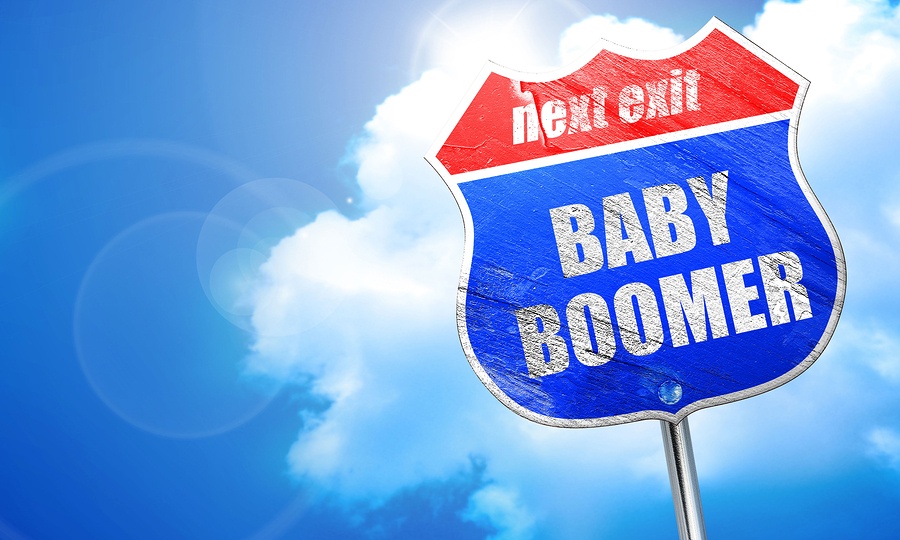Human resources personnel are used to helping older employees transition into retirement. But now that baby boomers are retiring en masse, it seems to be happening all the time. In fact, as many as 10,000 baby boomers are putting in their retirement papers every single day, and while not all 10,000 will be in your company, you’ll probably be dealing with quite a few.
As all these boomers retire, your employee benefits package may need to undergo some changes and you may experience a shift in the cost of providing medical benefits as well. Here are some of the things you need to keep in mind as the baby boomers on your staff begin to retire.
Employee Benefits and Medicare
As your baby boomer employees near retirement age, some of their spouses might be a step ahead of them. The way employee benefits work with Medicare is sometimes complicated — especially when it comes to HSAs, which may be a major theme of the bulk of questions posed by those looking to retire. If your employees need to learn more about how to navigate Medicare, and if they should drop their spouse from your employer-sponsored coverage, make sure you’re as informed as possible regarding the regulations at hand before advising them.
A frequently asked question by those turning 65 concerns penalties. People who are still working and enrolled in an employer-sponsored health plan aren’t likely to incur penalties for enrolling in Medicare late. However, it’s common for people turning 65 to enroll in Medicare Part A even if they’re still enrolled in their employer-sponsored program because it’s free (provided that the person has worked and paid into Medicare for at least ten years).















